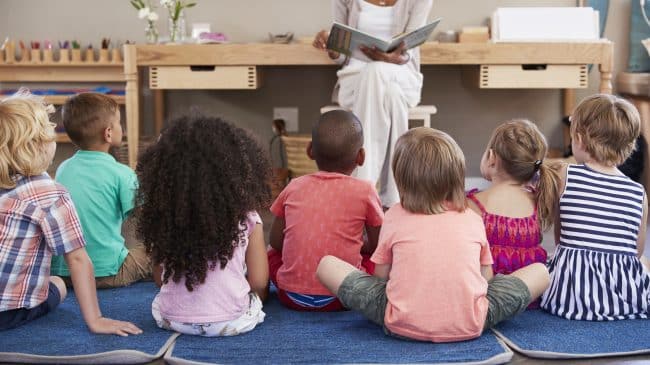Florida families are lucky. They have access to better educational opportunities for their children through the Sunshine State’s five private school choice programs and the most rigorous evidence suggests that these choices are good for students and their communities. Let’s take a look at the data.
The best studies on the effects of school choice are “random assignment” where the kids who go to charters and who don’t are chosen at random from all applicants. The majority (10) of the sixteen such studies of private school choice programs find positive effects on student test scores overall or for subgroups. Only two of the 16 evaluations find negative effects on student test scores. And it’s worth noting that both of the studies finding negative effects on test scores evaluated the same group of students in the heavily regulated Louisiana Scholarship Program. The remaining four studies do not find statistically significant effects on students’ test scores.
But studies finding no difference in test scores across sectors imply a positive taxpayer return-on-investment because voucher funding amounts are almost always below per-pupil funding levels in traditional public schools. For instance, the most recent federal evaluation of the D.C. voucher program found that students achieved the same math and reading outcomes for about a third of the cost.
But, of course, we shouldn’t only focus on the evidence linking school choice to standardized test scores. After all, researchers have found that test scores might be weak proxies for long-term success.
It turns out that the non-test-score outcomes lean much more positive for school choice, perhaps because families care about much more than test scores. Nine rigorous studies link private school choice programs to “student attainment”—graduating from high school and going to college. Seven of the nine studies found positive effects overall or for subgroups of students. For example, two evaluations of the Florida Tax Credit Scholarship Program (FTC) have found positive effects on college enrollment. Two of the nine existing studies find no effects. Zero find negative effects.
With school safety a major concern in Florida now, six rigorous studies link private school choice to student safety. Every single study finds statistically significant positive effects on safety. For example, the most recent federal evaluation of the D.C. voucher program found a 35 percent increase in the likelihood students reported being in “very safe” schools. But these results shouldn’t surprise us very much. Families care about their children’s safety more than anyone else.
But that’s not all. The preponderance of the most rigorous evidence also suggests that private school choice improves civic outcomes, reduces crime, and leads to racial integration. What’s more – the evidence clearly shows the children left behind in traditional public schools also benefit from school choice competition that causes improvement in those schools. And all of these benefits come at lower costs to taxpayers.
The evidence leans heavily in favor of educational freedom. Florida families are lucky to be able to choose schools that lead to better long-term outcomes for their children and the communities in which they reside.


